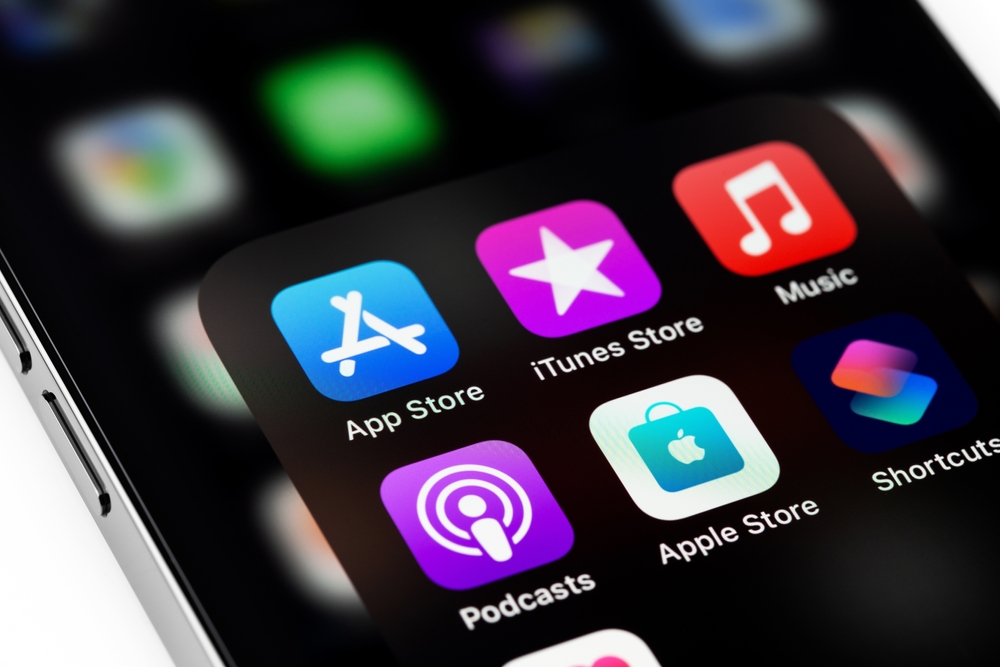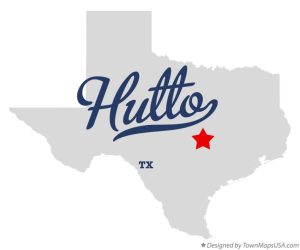Apple Faces Lawsuit Over Alleged Spying on Employees' Personal Devices.
Apple is now embroiled in a major lawsuit filed in California, which accuses the tech giant of unlawfully surveilling its employees' personal devices and iCloud accounts. The lawsuit also claims that Apple has been restricting employees from discussing their compensation and workplace conditions, adding fuel to the ongoing debate over employee rights in the tech industry.
The lawsuit, filed on Sunday by Amar Bhakta, a digital advertising employee at Apple, asserts that the company requires workers to install software on their personal devices used for work. This software allegedly grants Apple access to personal data, such as emails, photos, health information, and even data from smart home devices. Bhakta's complaint also highlights that Apple enforces strict confidentiality policies, preventing employees from discussing their working conditions or compensation, even with the media or in legal whistleblowing contexts.
According to Bhakta, he was prohibited from discussing his role on podcasts and instructed to remove references to his working conditions from his LinkedIn profile. The lawsuit includes the claim, “Apple’s surveillance policies and practices chill, and thus also unlawfully restrain, employee whistleblowing, competition, freedom of employee movement in the job market, and freedom of speech.”
Apple Denies Allegations of Spying on Employees
In response to these allegations, Apple has rejected the claims as unfounded. A company spokesperson emphasized, “At Apple, we are dedicated to developing the finest products and services globally, and we strive to safeguard the innovations our teams create for our customers.” The spokesperson also reiterated that Apple employees receive annual training, informing them of their rights to discuss workplace conditions.
The lawsuit, however, is not the first legal challenge Apple has faced regarding its workplace practices. Bhakta's legal team also represents two women who filed a lawsuit in June, accusing the company of consistently undercompensating female employees in engineering, marketing, and AppleCare roles. These women have raised concerns about gender-based pay inequality, a claim Apple continues to address with its stated commitment to inclusion and pay equity.
Allegations of Employee Rights Violations Continue
Apple is also dealing with multiple complaints submitted to the U.S. labor board, claiming that the company has unlawfully discouraged employees from discussing workplace issues such as gender bias and pay discrimination. These complaints include allegations that Apple restricted the use of social media and the workplace messaging platform, Slack. Once again, Apple has denied these accusations, stressing its dedication to maintaining an open and respectful work environment.
California Statute Allows Employees to Sue for State Penalties
The recent lawsuit filed by Bhakta is particularly significant as it leverages a distinctive California statute that allows employees to sue their employers on behalf of the state. Under this law, employees who file such lawsuits can retain up to 35 percent of any penalties that may be awarded, providing a financial incentive for workers to challenge employers over workplace violations.
As the lawsuit progresses, Apple faces increasing scrutiny over its practices related to employee surveillance, compensation policies, and efforts to suppress workplace discussions.
Apple's Most Notable Lawsuits: A Look at the Tech Giant's Legal Battles
- Epic Games vs. Apple (2020-2023)
One of the most significant legal battles Apple faced was with Epic Games, the maker of Fortnite. Epic sued Apple after the company removed Fortnite from the App Store, accusing Apple of anticompetitive practices and monopolistic behavior with its App Store policies, particularly its 30% commission fee on in-app purchases. In response, Apple countersued, claiming Epic violated the terms of their contract. In September 2021, a U.S. federal judge ruled that Apple must allow developers to link to payment systems outside of the App Store but did not rule that Apple was a monopoly. Both companies appealed parts of the decision. - Apple vs. The California Department of Fair Employment and Housing (2021)
In 2021, the California Department of Fair Employment and Housing (DFEH) sued Apple for alleged systemic discrimination and harassment in its workplace, particularly against women. The lawsuit claimed that Apple paid women less than men for the same work and failed to prevent sexual harassment. The case alleged that Apple’s internal complaints process was ineffective and allowed discriminatory practices to continue. Apple denied the allegations, asserting that they work to promote diversity and fairness at their company. - Apple vs. "BatteryGate" Lawsuit (2017)
In 2017, Apple faced a class-action lawsuit over its practice of slowing down older iPhones, a controversy that became known as "BatteryGate." Apple admitted to slowing down the performance of older devices to preserve battery life and avoid unexpected shutdowns, but the company faced backlash for not being transparent about this practice. The lawsuit claimed Apple misled customers about the battery performance of their phones, and Apple later settled by offering affected users discounted battery replacements and agreeing to pay $500 million to resolve the claims. - Apple vs. iPhone Location Tracking Lawsuit (2011)
In 2011, Apple was sued for tracking users' locations without their knowledge. The lawsuit accused Apple of violating privacy rights by collecting geolocation data from users’ iPhones, even when location services were turned off. Apple faced similar complaints in other countries and was forced to make changes to its location-tracking practices. - Apple vs. The European Commission (2016-Present)
Apple was involved in a long-running legal battle with the European Commission over allegations of tax avoidance. In 2016, the European Commission ordered Apple to pay $14.5 billion in back taxes, accusing the company of benefiting from illegal state aid through favorable tax deals with Ireland. Apple denied the charges, arguing that it paid all the taxes it owed and that the European Commission’s ruling was based on a flawed interpretation of EU tax laws. The case has continued for years, with appeals ongoing. - Apple vs. VirnetX (2010-2021)
Apple has faced multiple lawsuits from VirnetX, a patent licensing company, over patent infringement. The company claimed that Apple had infringed on its patents related to secure communications technology used in FaceTime and iMessage. In 2020, a Texas jury awarded VirnetX a $502 million judgment, though Apple has appealed. Over the years, VirnetX has received hundreds of millions in settlements from Apple in these patent disputes. - Apple vs. E-Book Price-Fixing (2012)
In 2012, Apple was found guilty of conspiring with book publishers to fix e-book prices. The U.S. Department of Justice alleged that Apple and five publishers had engaged in anticompetitive behavior by raising e-book prices to benefit Apple’s iBookstore. Apple appealed the decision but ultimately lost, and the company was forced to pay $450 million in settlements. - Apple vs. Consumer Protection Agencies Over App Store Practices (2021)
Apple is facing various lawsuits and investigations regarding its App Store practices, specifically its commission structure and policies. The company has been criticized for requiring developers to use its payment system and taking a 30% commission, leading to claims of antitrust violations. Some regulatory bodies, including the U.S. Federal Trade Commission (FTC) and European Union regulators, have been scrutinizing Apple’s control over its App Store and its impact on competition in the app market.
These are just a few of the notable lawsuits Apple has faced, reflecting the ongoing challenges the company faces regarding privacy, antitrust issues, workplace practices, and consumer protection.





















